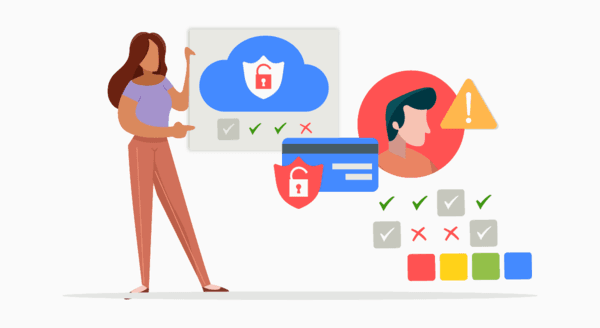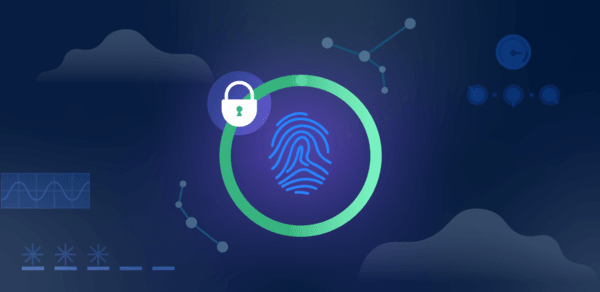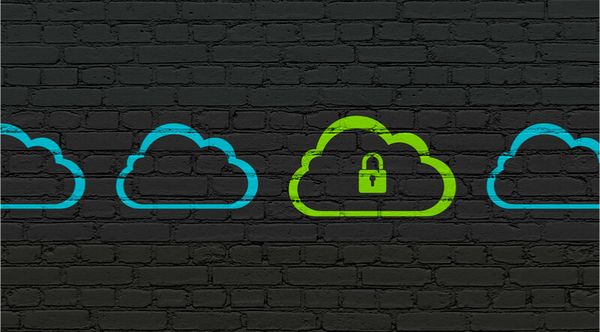
Why Data Security Matters
December 10, 2019
What We Expect to See in 2020 – Broadband Tech
December 12, 2019Most businesses these days irrevocably depend on cloud solutions and applications and thus is why the Quality Assurance (QA) testers need to be more versed with cloud testing tools, techniques, and challenges. With cloud applications and platforms, the QA testers face several challenges and security threats.
Here we are going to explain these challenges and security threats that most QA testers with cloud applications face. https://www.youtube.com/embed/hdIYrzjBhmA
Most Critical Cloud Security Threats
Let’s begin by briefly pointing out some of the standard and frequent cloud security threats that QA testers need to deal with.
- Data breaches remain to be a key concern for most cloud application users.
- The so-called human errors are increasingly adding up to the security vulnerabilities of cloud applications.
- The catastrophic physical damage to storage systems can also lead to massive data loss.
- Cyber attacks carried out by insiders also pose a significant threat to data security.
- Distributed Denial of Service (DDoS) attacks makes another common type of cyber attack that can cause service outages for a longer period and undermine reputation.
- Vulnerable or less secure APIs make another potential area for a security threat.
- The shared memory and resources of cloud infrastructure often allow exploitation of security gaps and loopholes by malicious programs and hackers.
- Account theft or unsolicited access to the account through stolen account credentials is another critical security concern of cloud apps.
- Advanced persistent threats carried out by Mac IoTs attackers can affect cloud environments and public cloud services en masse.
How Can QA Testers Address These Cloud Security Threats?
QA testers and QA testing organizations that cannot turn away from the vast advantages the cloud applications and services offer should rethink their security approach for rendering these threats as inactive. For improving security capabilities, they can adopt a three-tier security approach.

Let’s explain these three tiers to address security threats.
App Level: Here, the QA testers have to deal with end-to-end security concerns. They require having a comprehensive security protocol to ensure end-to-end data visibility. The testers need to find the fault lines left by app developers. The security measure will also help QA testers to have more control over user identities, identities, and the cloud application as a whole.
Service Level: This level of addressing security concerns is also called Middleware. The middleware software solutions help in team communication and collaboration. With the increase of Middleware uses, security concerns also increase rapidly. Establishing middleware trust, user authentication, establishing service regulation, and standard protocol, are some of the important security measures for this.
Infrastructure Level: Cloud infrastructure, which is mostly responsible for managing and maintaining computer capabilities like performance, storage, and bandwidth, needs to be secured by proper cloud authentication and user abstraction. Virtual Private Network (VPN) and on-demand allocation of resources contribute to the main security vulnerabilities here.
Types of Cloud Testing
To meet the various functional needs, there are different cloud testing methods. Here we mention a few of them.
Functional Testing
- System Verification Testing
- Acceptance Testing
- Interoperability Testing
Non-Functional Testing
- Availability Testing
- Multi-Tenancy Testing
- Performance Testing:
- Security Testing
- Disaster Recovery Testing
- Scalability Testing
Cloud Testing Challenges

Though cloud testing for the QA testers of today comes with a lot of promises for boosting efficiency and productivity, cloud testing has its own set of challenges as well. By remembering these challenges, QA testers can address a wide variety of concerns. Let’s briefly explain these challenges one by one.
- At a time when most of the services are available on demand thanks to the boom in on-demand digital applications, the industry concerns over maintaining a security standard for ruling access and the use of data is not groundless. To meet the lack of security standards across cloud-based on-demand services and solutions, the key challenges QA testers need to address including privacy protection, cloud security protocol, app security running on the cloud, and security testing techniques.
- Concerns over the performance of a cloud-hosted application remain to be another significant challenge for private cloud. Just because private cloud applications share resources with many users, there is an excellent scope of performance delay and slowdown. Some security breaches can pull down the app performance by consuming a lot of resources within a given time frame.
- Lack of support for testing configuration is another security concern for cloud-based testing. The QA testers may require configuring specific server settings or network storage attributes to carry out the testing. In case, these configurations are not supported, this can aggravate the challenges for the QA testers.
- Many QA testers face a common challenge in carrying out integration testing. While testing the network, database, servers, and other elements, the testers always may not have complete control over the testing environment. Because of these, when any interaction among these participant elements takes place, the QA testers have no clue about any imminent crashes, non-responding servers, or network failure. The QA testers remain in darkness about these outcomes when carrying out testing.
Just as you need to know about the risks and vulnerabilities in detail to take any preventive measures, QA testers need to have in-depth knowledge about the cloud testing challenges for testing cloud applications and any cloud services.
